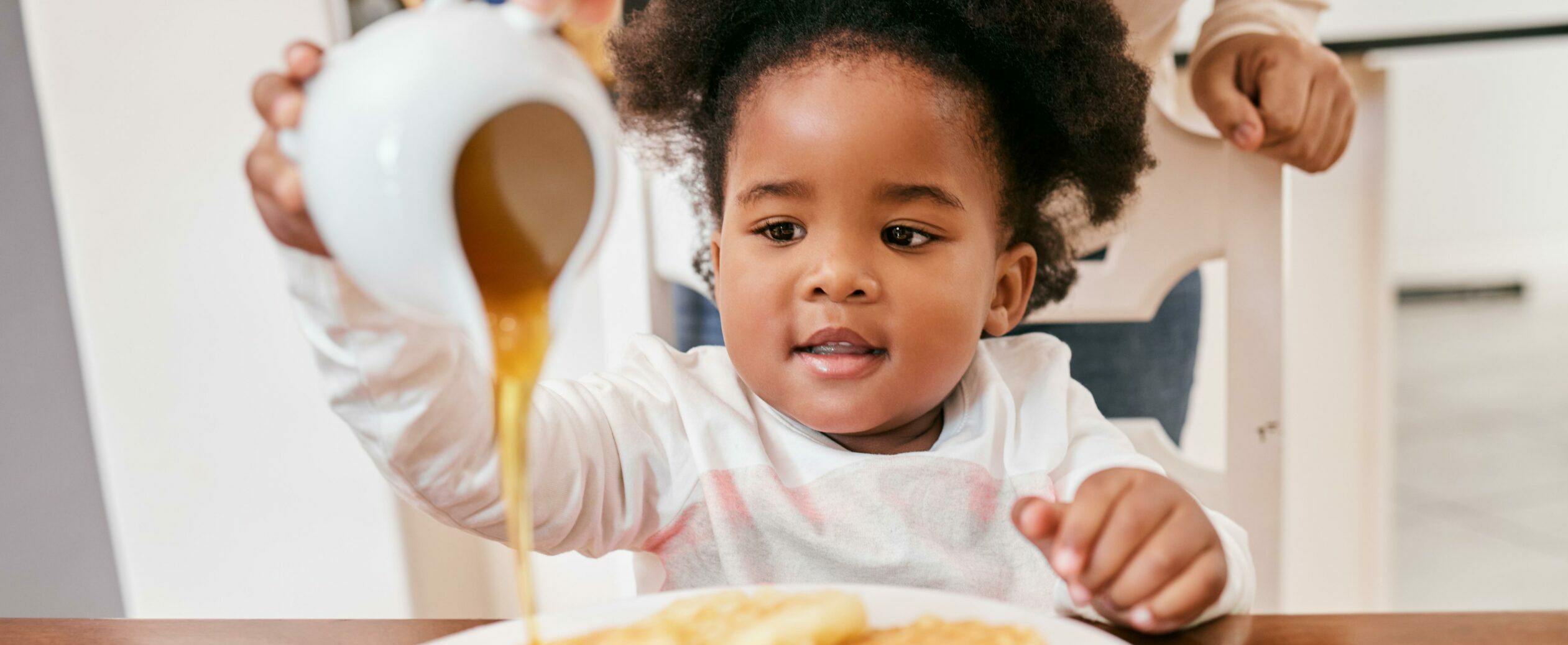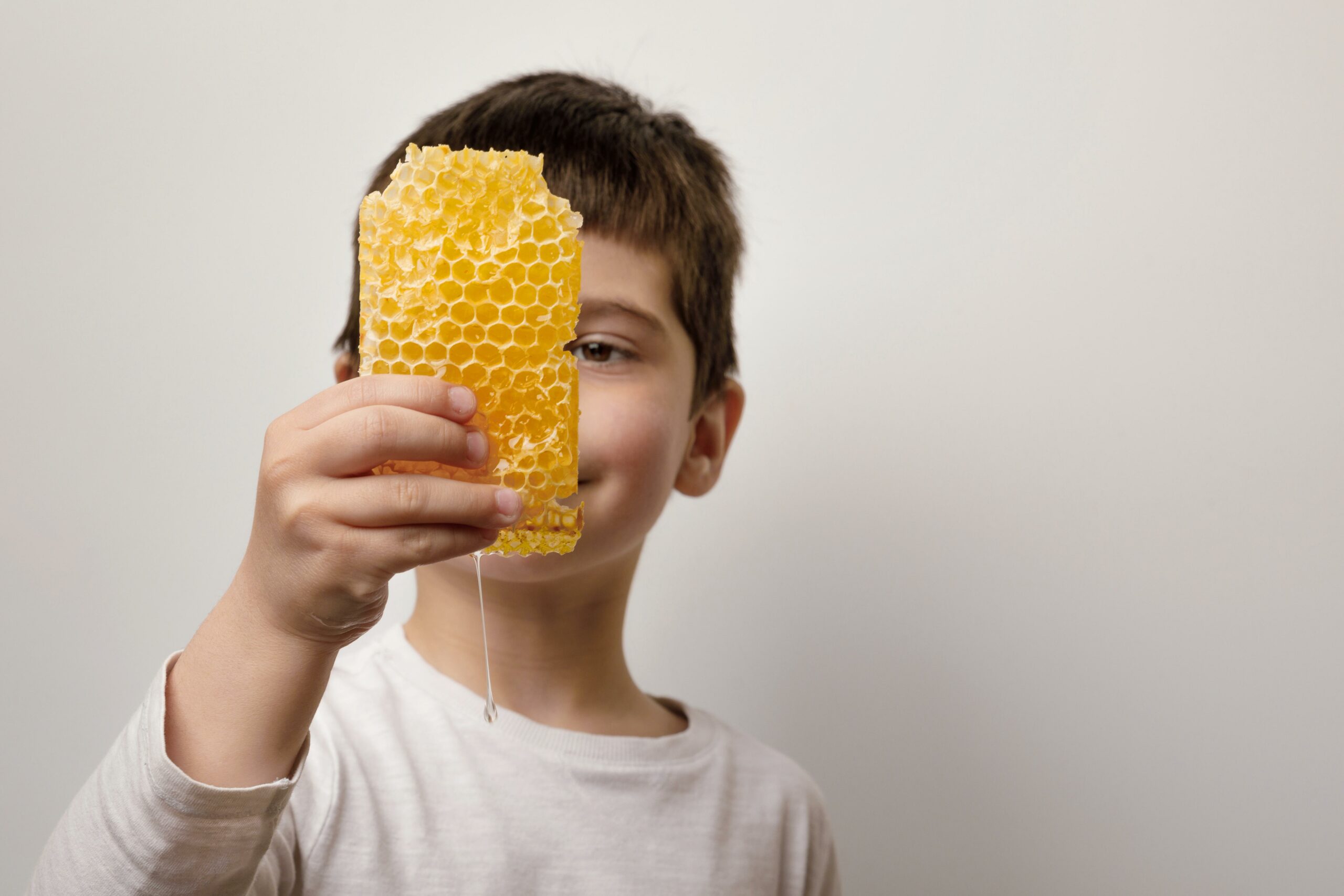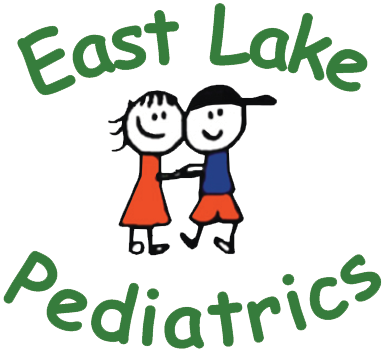
Why Avoid Honey Before One Year Old?
You may have heard that babies shouldn’t eat honey before their first birthday, but do you know why?
Honey can contain Clostridium botulinum spores, bacteria found in soil and dust that can produce toxins inside a baby’s digestive system. This leads to infant botulism, a rare but serious illness that affects the muscles, nervous system, and breathing.
Because an infant’s digestive system is not mature enough to neutralize these spores, pediatricians strongly recommend waiting until after 12 months before introducing honey in any form.
If your baby accidentally consumes honey, or if you notice symptoms of infant botulism, seek medical attention immediately.
Key Takeaways
| What to Know | Why It Matters |
|---|---|
| Honey may contain botulism spores | These spores can release toxins inside a baby’s intestines. |
| Infant botulism is a medical emergency | It requires immediate medical care to prevent serious complications. |
| All honey products should be avoided until after 12 months | This includes raw honey, processed honey, and foods containing honey. |
| Symptoms of infant botulism include constipation, weak muscles, and breathing difficulties | If symptoms appear, call your pediatrician or visit the emergency room. |
What Is Infant Botulism?
Infant botulism happens when a baby ingests Clostridium botulinum spores, which then grow in their intestines and release toxins. These toxins block nerve signals, leading to muscle weakness, feeding difficulties, and respiratory distress.
How Is It Different From Foodborne Botulism?
- In infants, the bacteria grow inside their intestines and produce toxins.
- In adults and older children, foodborne botulism usually occurs from eating food that already contains the toxin.
Where Do Botulism Spores Come From?
- Honey (raw and processed) is a major source.
- Soil and dust naturally contain these bacteria.
- Some home-canned or preserved foods may carry spores.
While older children and adults can ingest these spores without issue, babies under one year old cannot, making honey a preventable risk.
Symptoms of Infant Botulism
If a baby consumes honey contaminated with botulism spores, symptoms can appear within 3 to 30 days. The early signs may seem mild but can progress quickly.
Watch for These Symptoms:
- Constipation (often the first sign) (Learn more about infant constipation)
- Weak facial muscles (droopy eyelids, poor head control)
- Weak cry
- Weak muscles in the arms, legs, and neck
- Breathing difficulties
- Excessive drooling and trouble swallowing
- Not feeding well (Recognizing feeding issues in babies)
- Less movement than usual (“floppy” baby syndrome)
???? If your baby shows any of these symptoms, contact your pediatrician or seek emergency care immediately.
When Can Babies Eat Honey Safely?
The American Academy of Pediatrics (AAP) advises waiting until after 12 months before introducing honey. Even if honey is in processed foods, baked goods, or flavored snacks, it remains unsafe for babies under one year old.
After One Year Old:
- Babies can safely eat honey because their digestive systems can now neutralize botulism spores.
- Honey should still be given in moderation due to its high sugar content.
What To Do If Your Baby Accidentally Eats Honey
If your baby consumes honey before 12 months, follow these steps:
- Stay calm – Not all honey contains spores, but it’s important to monitor your baby.
- Watch for symptoms – Symptoms can take hours or days to develop.
- Look for early warning signs – Constipation, weak cry, and trouble swallowing.
- Call your pediatrician – Let them know what happened.
- Seek emergency care – If breathing issues arise, go to the hospital immediately.
Most babies recover fully if treated early, but prevention is the safest approach.

More Infant Food Safety Tips
In addition to avoiding honey, the AAP recommends avoiding certain foods that pose a health risk to infants under 12 months.
| Food to Avoid | Why? |
|---|---|
| Unpasteurized juice and cider | May contain harmful bacteria. |
| Unpasteurized milk and dairy | Risk of serious bacterial infections. |
| Raw or undercooked meat, poultry, fish, and shellfish | High risk of foodborne illness. |
| Raw or undercooked eggs | Risk of salmonella poisoning. |
| Raw or undercooked sprouts | Can carry harmful bacteria. |
| Added sugars (processed foods, flavored yogurts, sweetened drinks) | Not recommended for children under two years old. |
For more on keeping your baby’s diet safe, check out diaper rash prevention and how to handle baby fevers.
Test Your Knowledge: Quick Quiz
-
Why is honey unsafe for babies under 12 months?
a) It contains too much sugar
b) It can contain botulism spores
c) It may cause allergies -
What is often the first symptom of infant botulism?
a) High fever
b) Constipation
c) Skin rash -
Can babies safely eat honey-flavored snacks before 12 months?
a) Yes, if the honey is cooked
b) No, because botulism spores survive heat
c) Only if it’s organic honey -
What should parents do if their baby accidentally eats honey?
a) Give them water and wait
b) Watch for symptoms and call a doctor if needed
c) Induce vomiting immediately
Answer Key: 1) b, 2) b, 3) b, 4) b
Final Thoughts: A Simple Rule for a Safer Baby
Infant botulism is rare, but it is entirely preventable. The easiest way to protect your baby is to avoid honey in all forms until after their first birthday.
To keep your baby safe:
✔ Avoid honey in any form (raw, processed, baked goods).
✔ Check food labels to prevent accidental exposure.
✔ Educate caregivers (grandparents, babysitters) about the risks.
Once your child turns one, honey becomes a safe and nutritious addition to their diet—just not before.
Need Pediatric Care? Contact East Lake Pediatrics
If you have questions about infant nutrition, feeding safety, or concerns about your baby’s health, the expert team at East Lake Pediatrics is here to help.
???? Call or Text: (727) 372-6760
???? Fax: (727) 372-6808
???? Visit: EastLakePediatrics.com
Our board-certified pediatricians provide comprehensive care for infants and children, ensuring their health and development at every stage.
The information provided in this blog is for educational and informational purposes only. It is not intended as a substitute for professional medical, or healthcare advice. Always consult with a qualified healthcare provider for diagnosis, treatment, and answers to specific medical questions.

